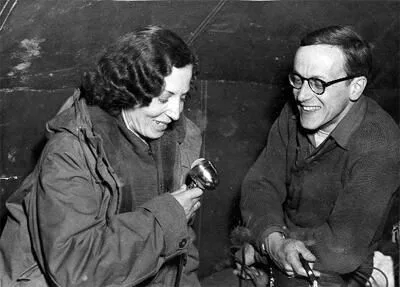Introduction:
Donating a Car to Charity in California: In the sprawling state of California, where the hustle and bustle of daily life often overshadows the needs of the less fortunate, a simple act like donating a car to charity can make a profound difference. This gesture not only helps individuals in need but also contributes to various charitable organizations’ efforts to make a positive impact on the community. In this comprehensive exploration, we will delve into the significance of donating a car to charity in California, the process involved, and the impact it has on both donors and beneficiaries.
I. The Significance of Car Donations in California:
- Addressing Economic Disparities: California, despite its affluence, grapples with economic disparities, and many individuals find themselves facing financial hardships. Donating a car to charity becomes a means to bridge this gap, providing tangible assistance to those struggling to make ends meet.
- Supporting Charitable Initiatives: Charitable organizations in California play a crucial role in addressing various social issues, from homelessness to education. Car donations serve as a valuable resource for these organizations, enabling them to fund their programs and extend their reach to more individuals in need.
II. The Process of Donating a Car in California:
- Choosing the Right Charity: California boasts a plethora of charitable organizations, each focusing on different causes. Donors must carefully select a charity aligned with their values and the impact they wish to make.
- Assessing Eligibility: Before donating a car, it’s essential to ensure that the chosen charity can accept the donation. Most organizations have specific criteria regarding the condition and type of vehicles they can accept.
- Vehicle Appraisal: Once a charity accepts the donation, an appraisal is conducted to determine the fair market value of the vehicle. This appraisal is crucial for both the donor, as it influences potential tax deductions, and the charity, as it establishes the value of the contribution.
- Transfer of Ownership: The donor needs to transfer the vehicle’s ownership to the charity officially. This involves completing the necessary paperwork, notifying the Department of Motor Vehicles (DMV), and ensuring a smooth transition of ownership.
- Tax Deductions: Donors in California can benefit from tax deductions for their charitable contributions. Understanding the tax implications and keeping thorough records is essential for maximizing these benefits.
III. Impact on Donors:
- Financial Benefits: Beyond the altruistic satisfaction of contributing to a charitable cause, donors can enjoy financial benefits, including tax deductions. Understanding the tax code and consulting with financial advisors can help donors make the most of these incentives.
- Environmental Consciousness: Donating a car is not only a charitable act but also an environmentally responsible one. By recycling and reusing vehicles, donors contribute to reducing the environmental impact of old and unused cars.
IV. Impact on Beneficiaries:
- Providing Transportation Solutions: For individuals facing financial challenges, lack of reliable transportation can be a significant barrier. Car donations offer a practical solution, providing beneficiaries with a means to access employment opportunities, education, and essential services.
- Empowering Charitable Initiatives: Charities, fueled by the generosity of donors, can expand their reach and enhance the impact of their programs. Whether it’s providing shelter, education, or healthcare services, the ripple effect of car donations resonates across various charitable initiatives.
V. Challenges and Considerations:
- Ensuring Transparency: With the proliferation of charitable organizations, ensuring that donations are used effectively and transparently is crucial. Donors should research and choose reputable charities with a proven track record of impactful work.
- Understanding Tax Implications: Navigating the intricacies of tax deductions requires careful consideration of IRS guidelines. Donors should be well-informed about the documentation needed and the limitations on deductions to avoid any issues during tax season.
VI. Success Stories: Realizing the Impact of Car Donations in California:
- Case Studies: Examining real-life examples of car donations and their impact on both donors and beneficiaries helps illustrate the transformative power of this seemingly simple act.
- Testimonials: Direct quotes and testimonials from donors, charities, and beneficiaries provide a human touch, showcasing the personal stories behind car donations and emphasizing their significance.
VII. Conclusion:
In conclusion, donating a car to charity in California transcends a mere transaction; it is a gesture that can transform lives and communities. From addressing economic disparities to supporting charitable initiatives, the impact of car donations resonates far beyond the initial act of giving. As we navigate the intricate process of donating a car, it’s essential to recognize the dual benefits, both for the generous donors and the individuals and organizations they are supporting. In a state as diverse and dynamic as California, the collective power of such acts of kindness can pave the way for positive change and a brighter future for all.
Also read:Donate Car To Charity California: Driving A Brighter Future Through Charity”







